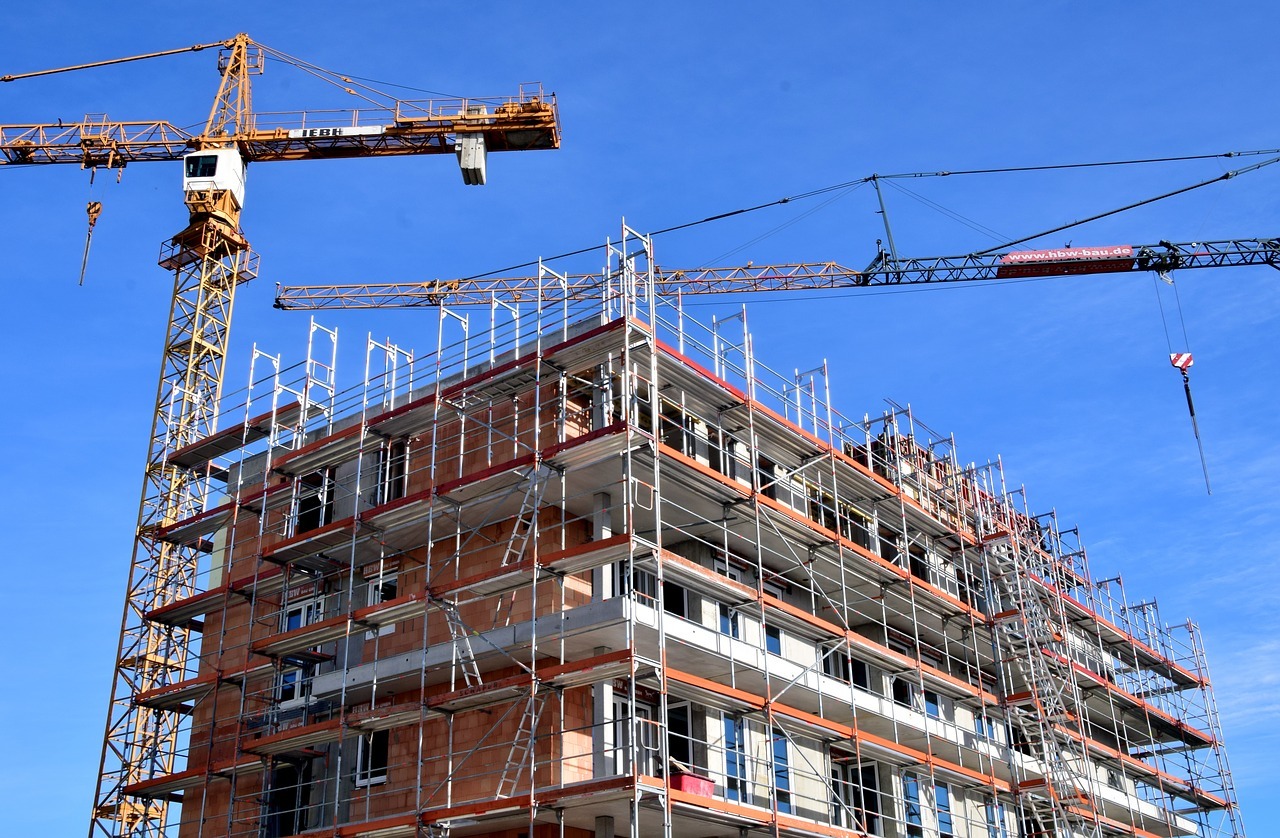City Councilmember Dan Kalb and Mayor Libby Schaaf Introduce Legislation to Improve Public Health, Enhance Safety and Reduce Carbon Emissions by Requiring New Construction to Be All-Electric
Oakland, Ca.— Today, Oakland City Council will consider groundbreaking legislation to improve building safety and reduce Oakland’s greenhouse gas emissions by prohibiting the use of fossil fuel gas in all newly constructed buildings. While building electrification – powering all energy systems like cooking and heating with electricity – is becoming widespread throughout the state, the legislation introduced by Councilmember Dan Kalb, Mayor Libby Schaaf and Councilmember Nikki Bas represents one of the most comprehensive policies introduced in California thus far.
Unlike electricity, natural gas burned within homes and buildings cannot be made clean. Natural gas, which is primarily methane, creates greenhouse gas emissions when it is burned, and even more when it leaks throughout the gas distribution system. These leaks have severe climate impacts because methane is a highly potent greenhouse gas, more than 80 times stronger than carbon dioxide in its potential to trap heat in the atmosphere.
“Oakland cannot meet its climate goals without shifting quickly away from natural gas use and my legislation will put Oakland at the forefront of efforts statewide,” said Councilmember Kalb, lead author of the legislation. “State energy policies and lower prices of renewables mean that substituting natural gas with electricity is one of the quickest, safest, and least expensive pathways to eliminating greenhouse gas emissions from buildings. Additionally, reducing the reliance on gas systems will reduce the risk of fires, simplify building systems and maintenance, and improve indoor air quality.”
As of late 2020, about three dozen California jurisdictions have banned or significantly curtailed the use of natural gas in new building construction, including San Francisco, San Jose, Berkeley and Richmond. Eliminating natural gas in buildings can lower the risk of fire after earthquakes and reduce the likelihood of childhood asthma. Children living in homes with gas cooking are 42% more likely to have asthma.
“Oakland’s national leadership to build cleaner, safer, and healthier cities for all families continues with this historic transition to all-electric buildings,” said Oakland Mayor Libby Schaaf. “I’m proud to have worked with Councilmember Kalb on this bold commitment to reduce our carbon emissions and ensure a greener future for Oakland and the world.”
Once approved, the legislation will require all residential and commercial building developers to submit building applications that will design and build without any natural gas infrastructure. The ordinance does not impact existing buildings, additions, or alterations, or attached accessory dwelling units (ADUs), and waivers may be granted for technology feasibility reasons.
Modern electric systems and appliances are more efficient than older gas technologies, and in some cases offer lower overall installation costs and utility bills. Heat pumps add air conditioning capacity in areas with heat stress, and induction cooking is safer with lower exposure to hot surfaces and no open flames.
In 2019, costs for all-electric new construction were already either on par with or less than those for mixed-fuel (i.e. electricity plus natural gas) construction. A recent analysis by California’s Statewide Utility Codes and Standards Team found that building all-electric reduced construction costs on average $5,000 for single-family homes and over $2,000 per unit in a multi-family building.
Oakland’s building electrification legislation was initiated by District 1 Councilmember Dan Kalb and Mayor Libby Schaaf and drafted as a collaborative effort by the City’s Environmental Services Sustainability Staff and the Planning and Building department. District 2 Councilmember Nikki Bas has joined as a co-sponsor of the legislation.
###
